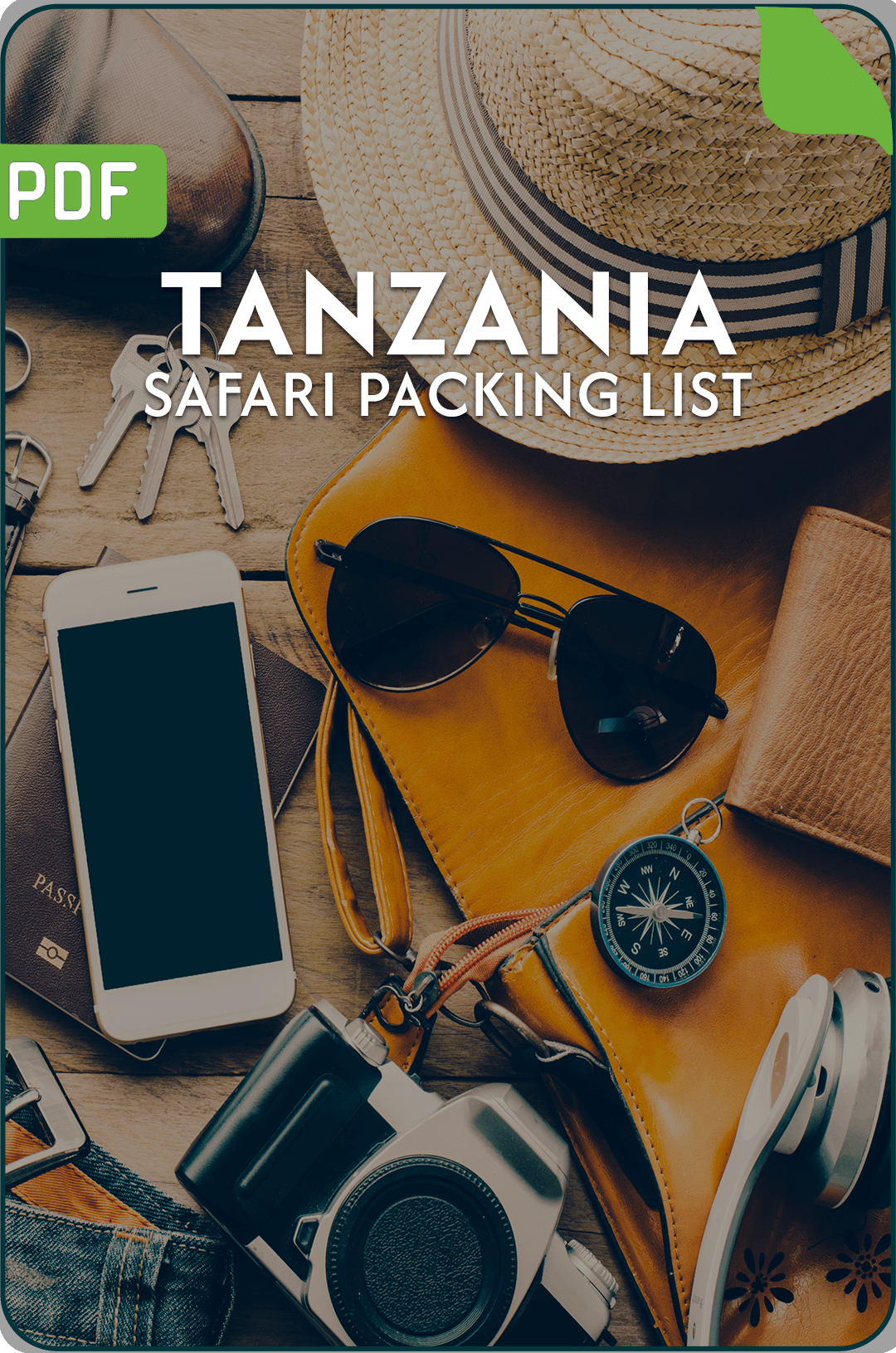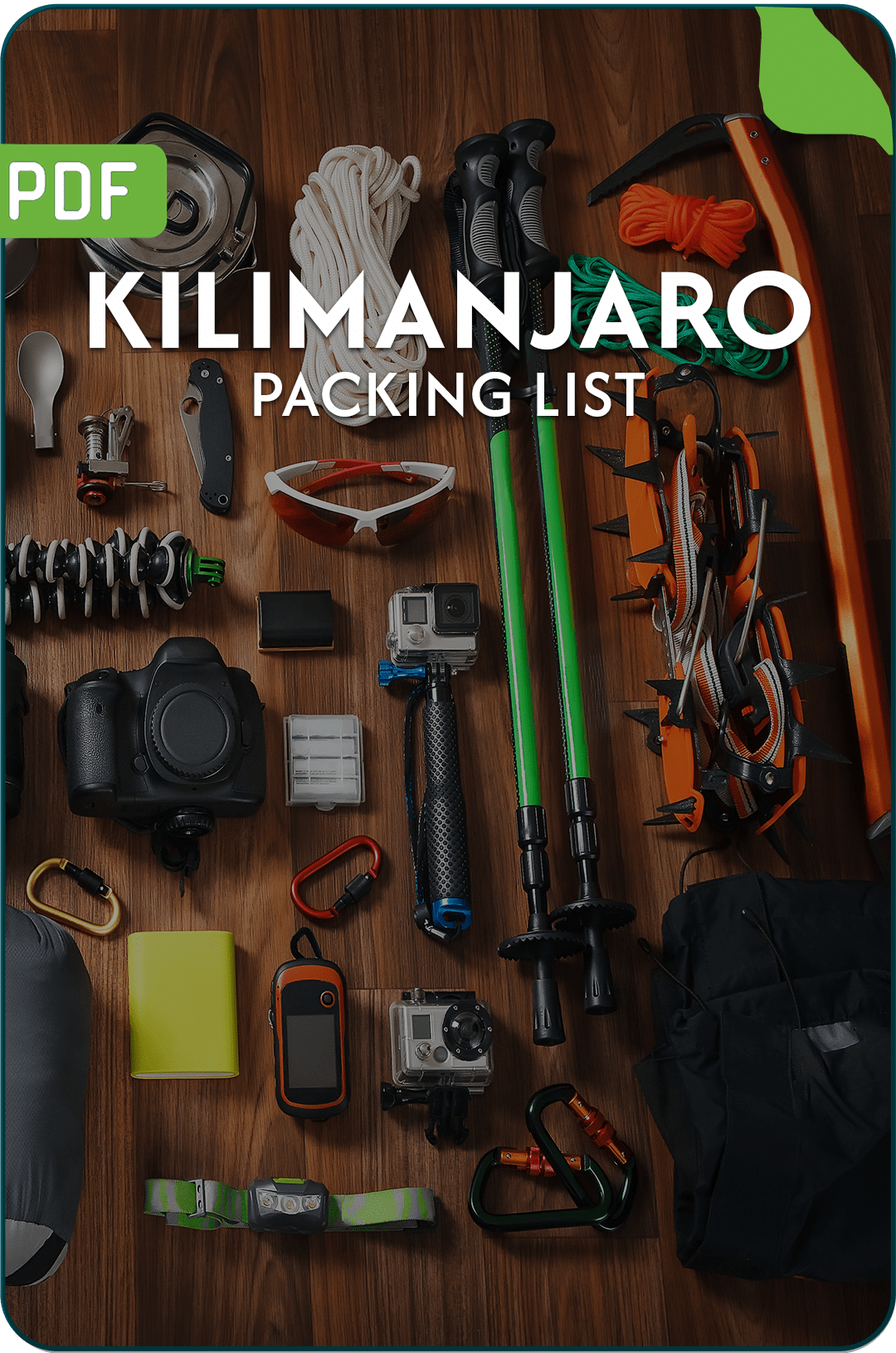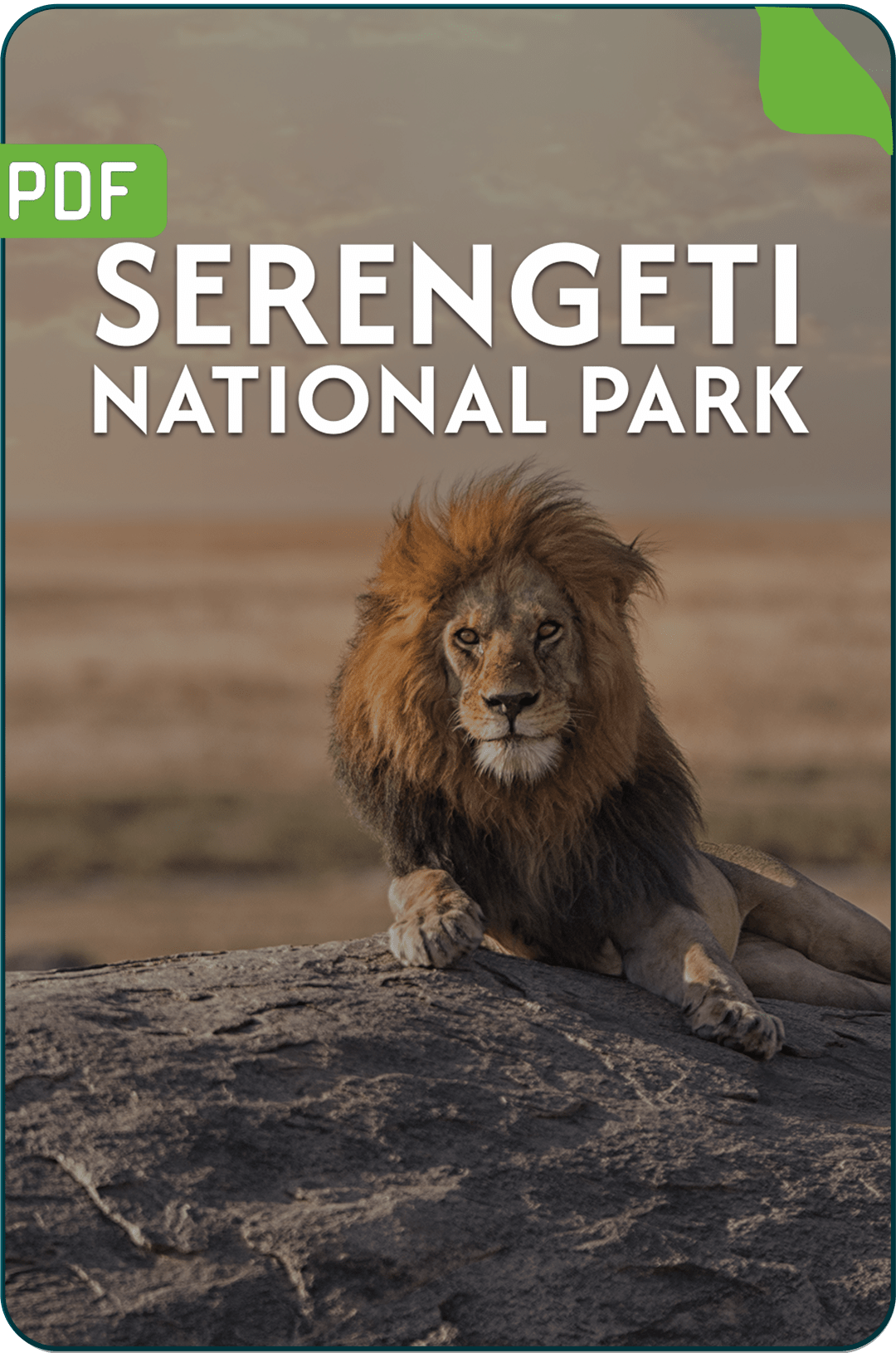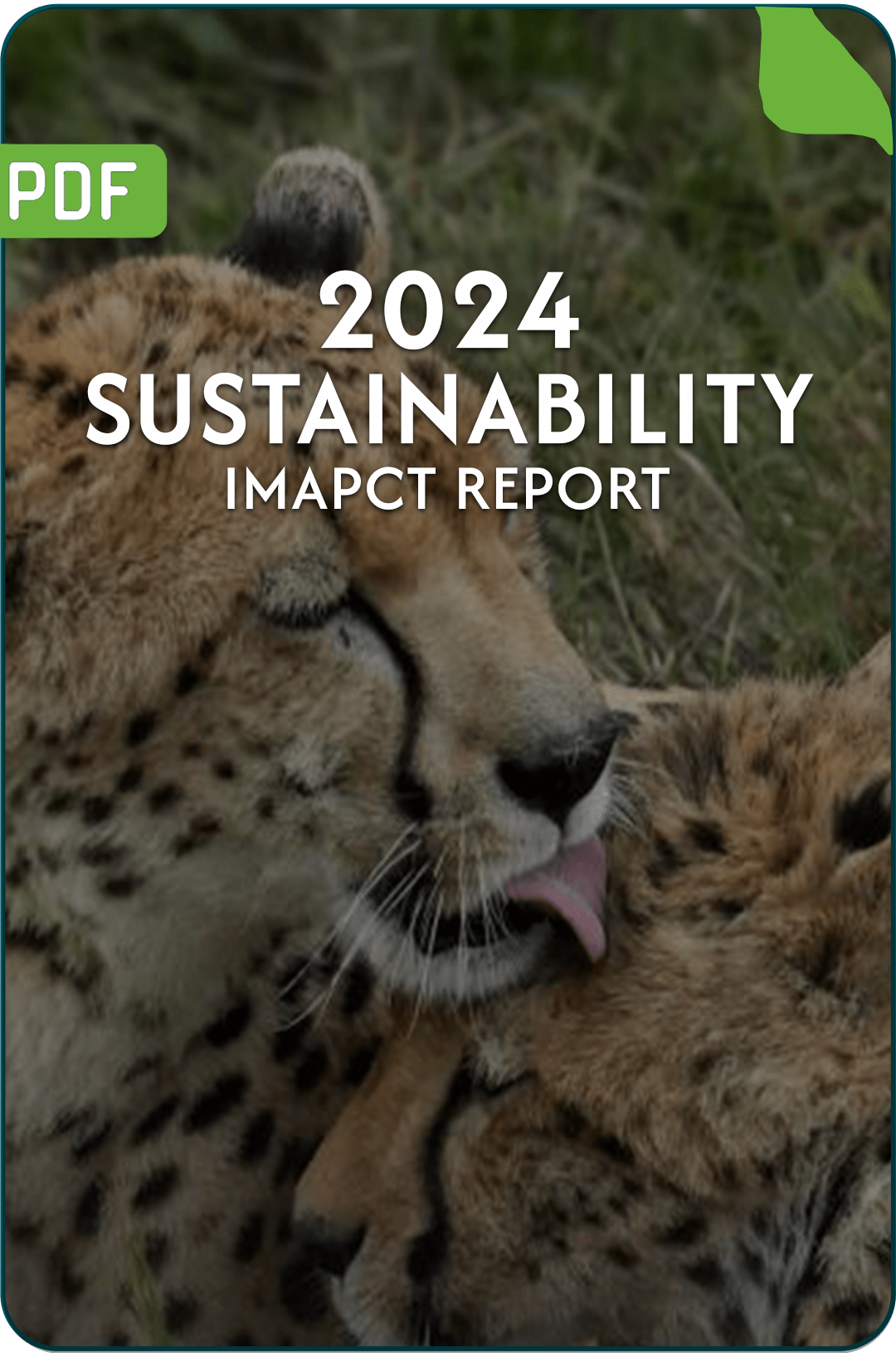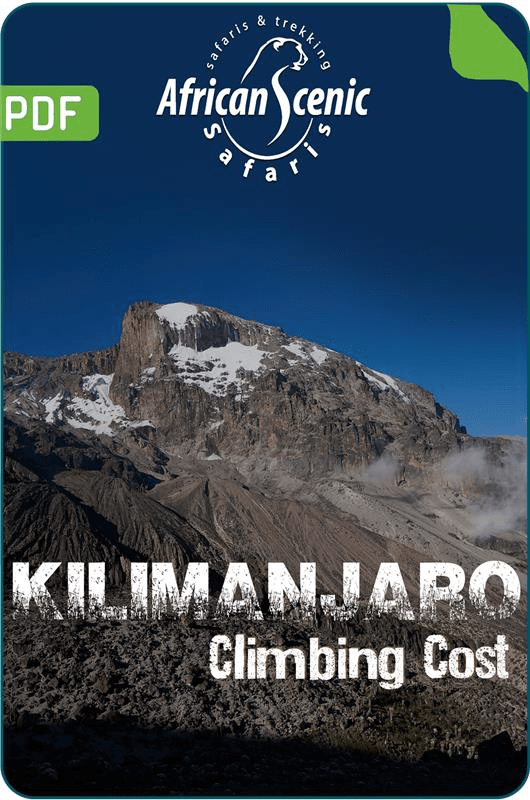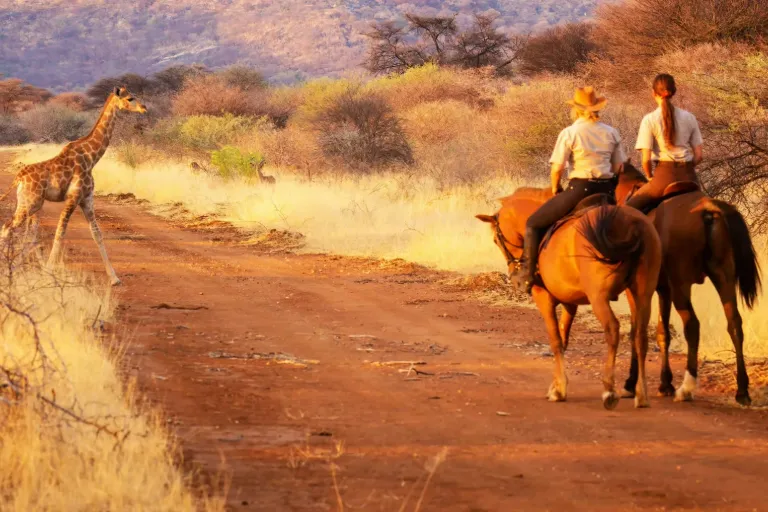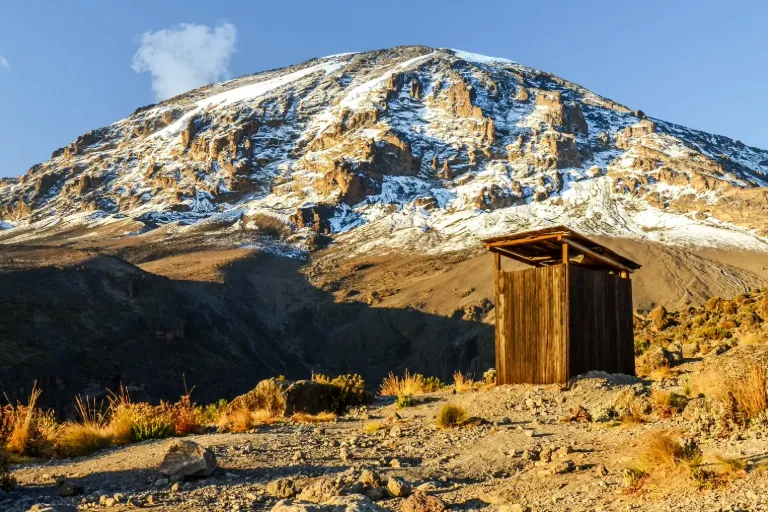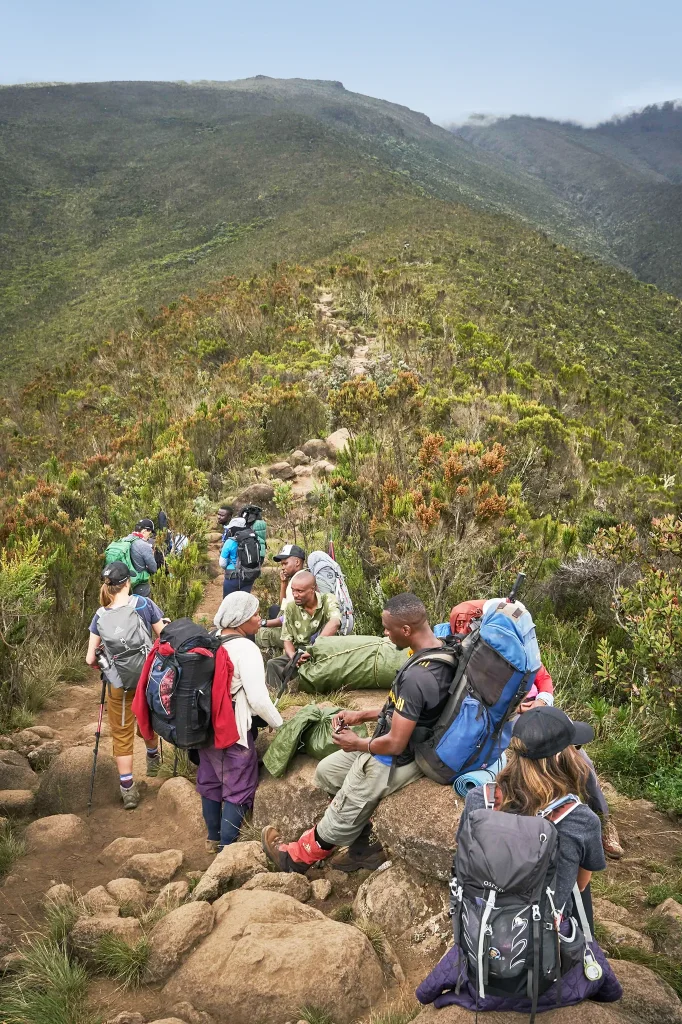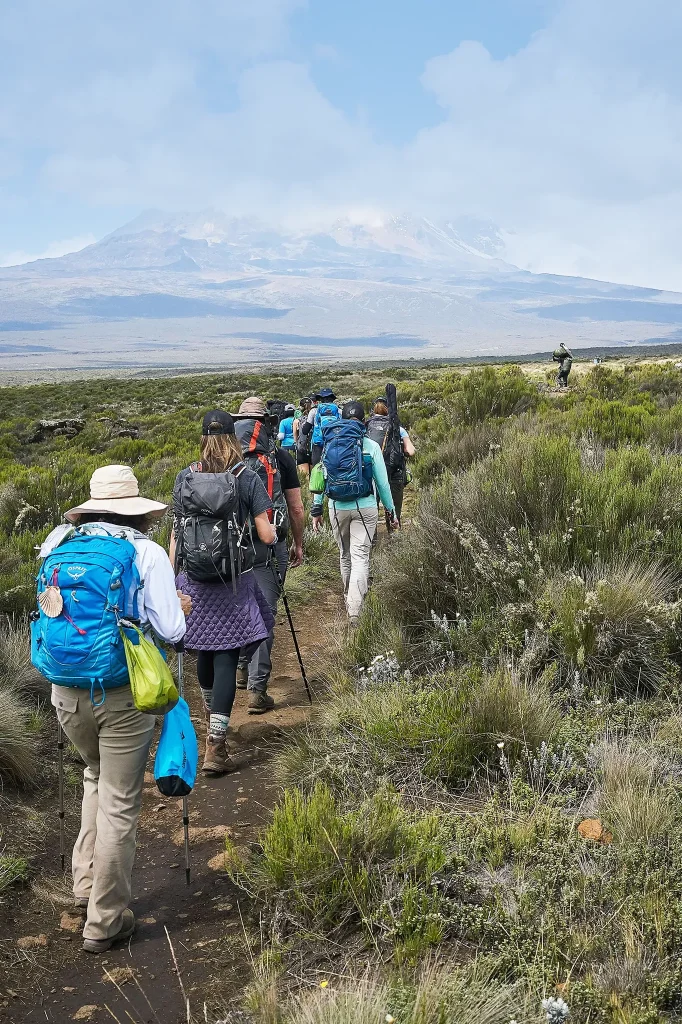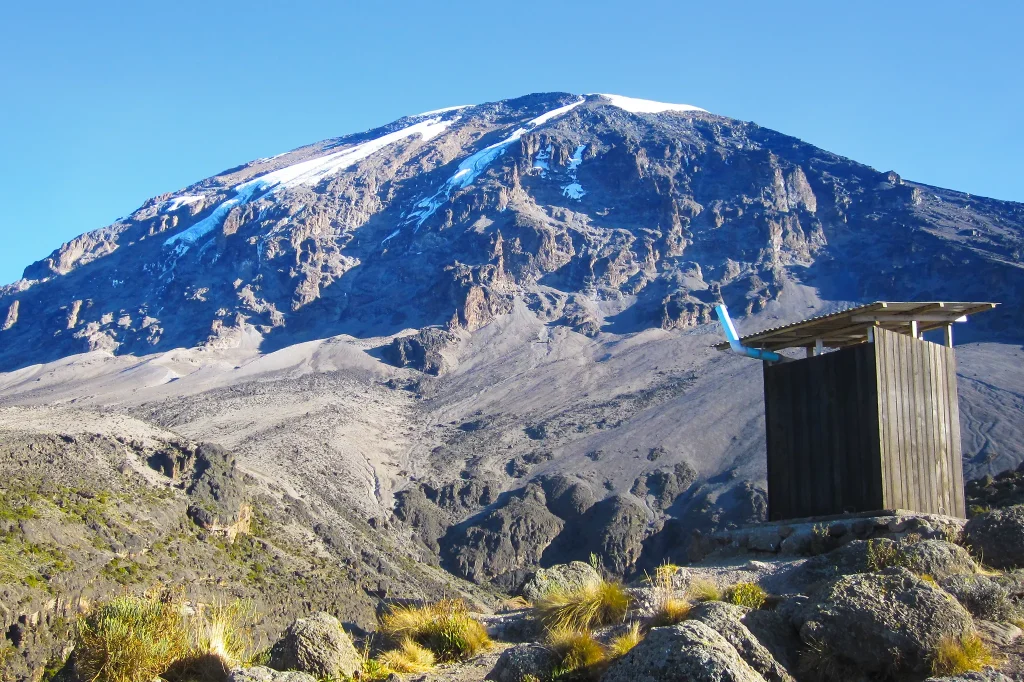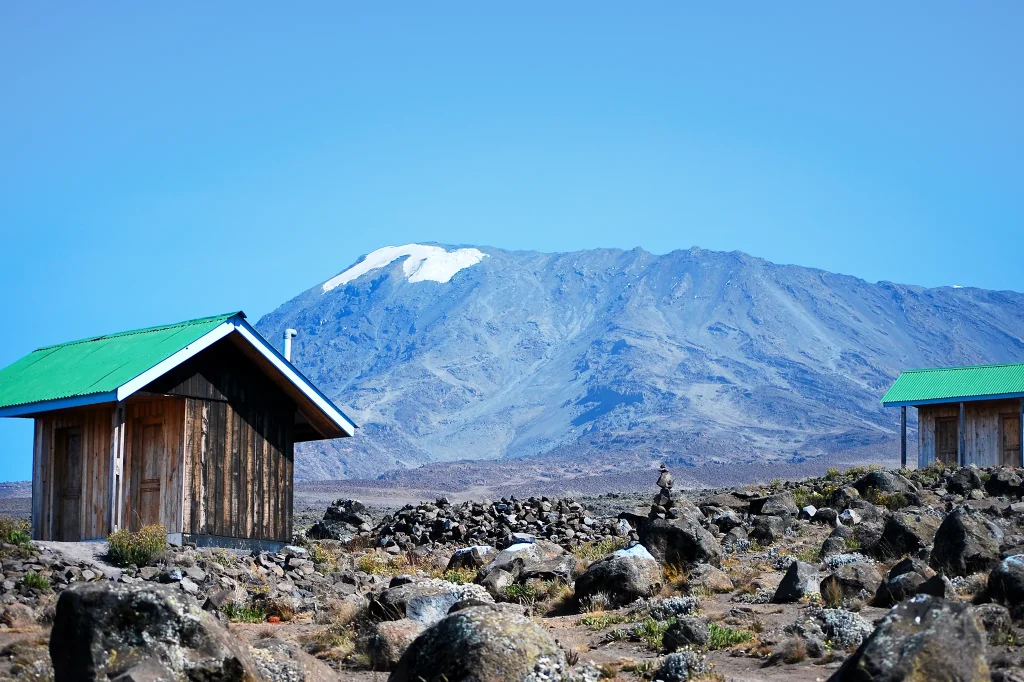What if your Dream Safari could Harm the Very Wildlife you came to See? It’s a question few travellers stop to ask—but it matters. The truth is, Tanzania’s wild beauty is fragile, and every choice you make as a visitor leaves a mark.
In this blog, you’ll discover how Sustainable Tanzania Safari Travel not only protects animals and landscapes but also uplifts local communities. By the end, you’ll know precisely how your safari can be more than sightseeing—it can be a force for good.
We’ll look at:
- Why conservation depends on travelers making responsible choices.
- How Tanzania Safari Packages can support both nature and people.
- Simple steps you can take to ensure your journey makes a lasting, positive impact.
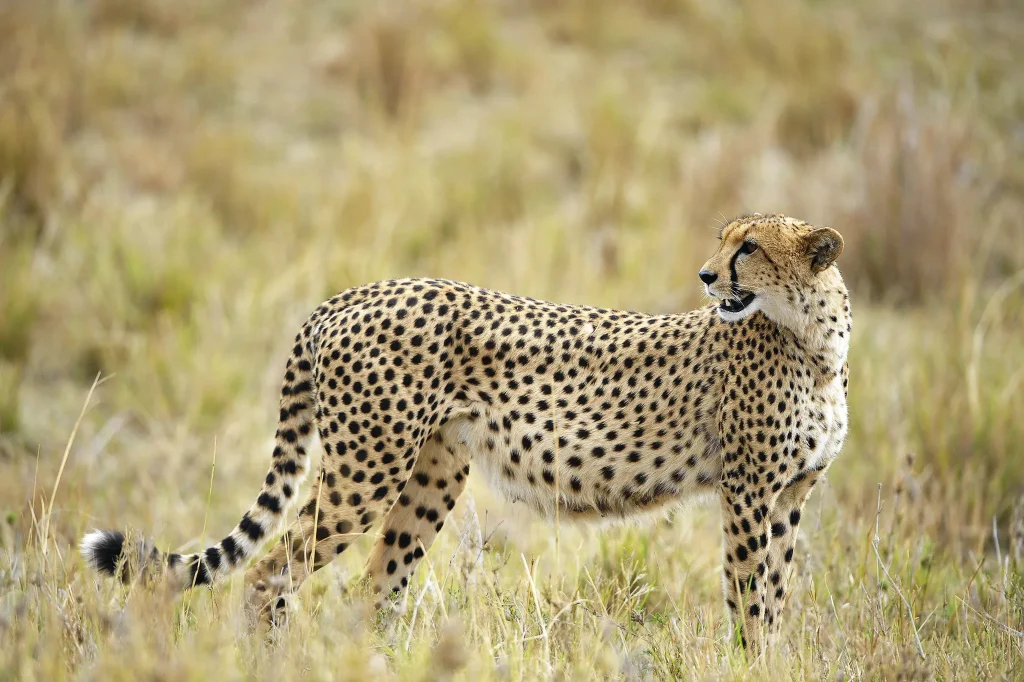
Tourism Provides Employment and Promotes Conservation
Tourism is a big source of jobs in Tanzania. Tanzania Operators bring tourists to the Tanzania National Parks, which gives local people work. These jobs help families make money and live better lives.
As a result, many local communities recognize the importance of protecting the land and its animals. That’s why there is now less farming, hunting, and poaching in the parks and reserves.
Here is a testimonial from one of our clients, who appreciates our conservation measures. Read the full review here.
HONEYMOON SAFARI AND KILIMANJARO HIKE
African Scenic Safaris was the best decision we made for our Honeymoon trip to Tanzania. We did a week Safari and hiked Kilimanjaro and before getting into the details, both were well above and beyond a 10/10 experience. The entire planning process was made very easy, and extremely flexible for what we wanted to see and do. And communication throughout was exceptional. On top of that, they are one of the few companies that has a focus in conservation, they pay all their employees fair wages, and belong to numerous organizations that hold them to the highest standards of tourism. You won’t find a better company out there!
Long review…but long story short, African Scenic Safaris is one of, if not the best, company you can find for a Tanzania experience. It was the best honeymoon we could have ever imagined and we owe it all the African Scenic Safaris. – Jared K
Tourism Enables Private Conservation During Tanzania Safari
Much of the land surrounding Tanzania National Parks is owned by local communities and rich in wildlife. Through tourism partnerships, the government negotiates with locals to conserve this land in exchange for financial benefits and long-term support.
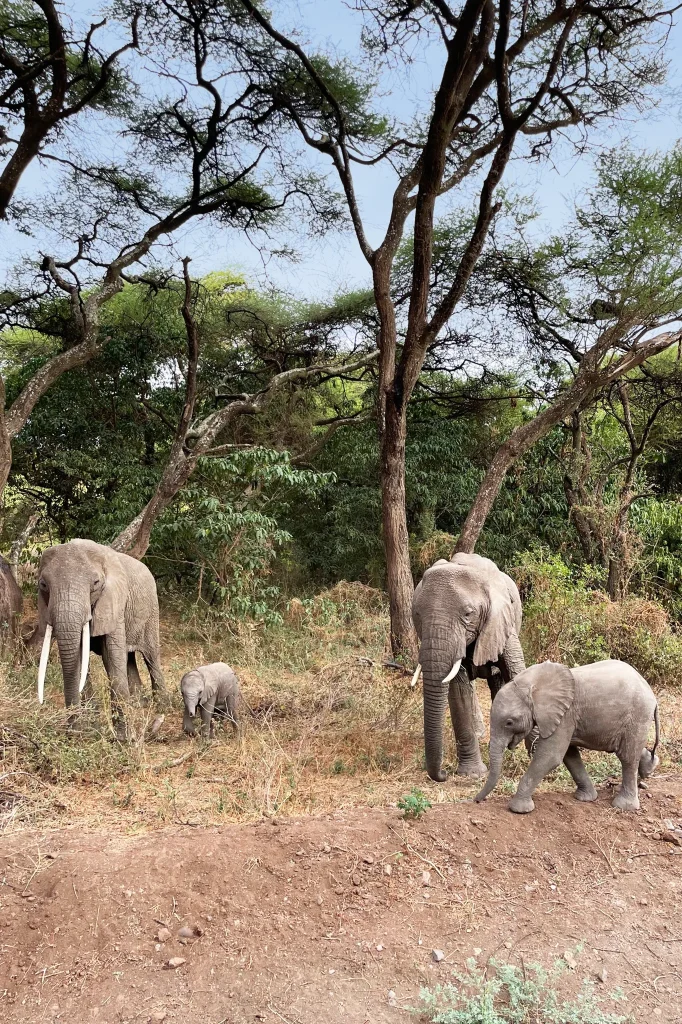
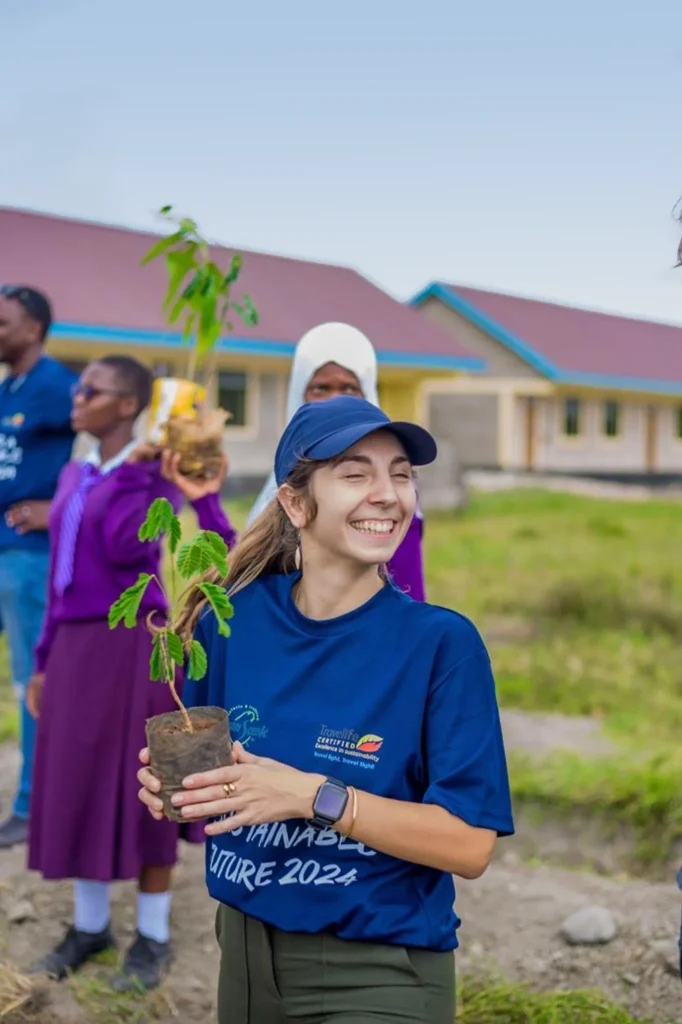
Here’s how your Tanzania Safari contributes to private conservation:
- Wildlife Management Areas (WMAs):
Locals manage community-owned land for tourism and wildlife protection. - Revenue Sharing:
Part of the income from Tanzania Safari Packages supports nearby villages. - Job Creation:
Tourism provides employment for local guides, rangers, and lodge staff. - Conflict Reduction:
Conservation funding helps minimize human-wildlife conflict in surrounding areas. - Sustainable Land Use:
Tourism discourages deforestation and promotes eco-conscious land management.
Tourism Helps Create Buffer Zones
Some private conservancies create buffer zones between growing communities and many Tanzania National Parks and reserves. These zones give extra protection to the parks and the wildlife living there.
Now, what exactly are buffer zones? Buffer zones are areas created to enhance the protection of a specific conservation area.
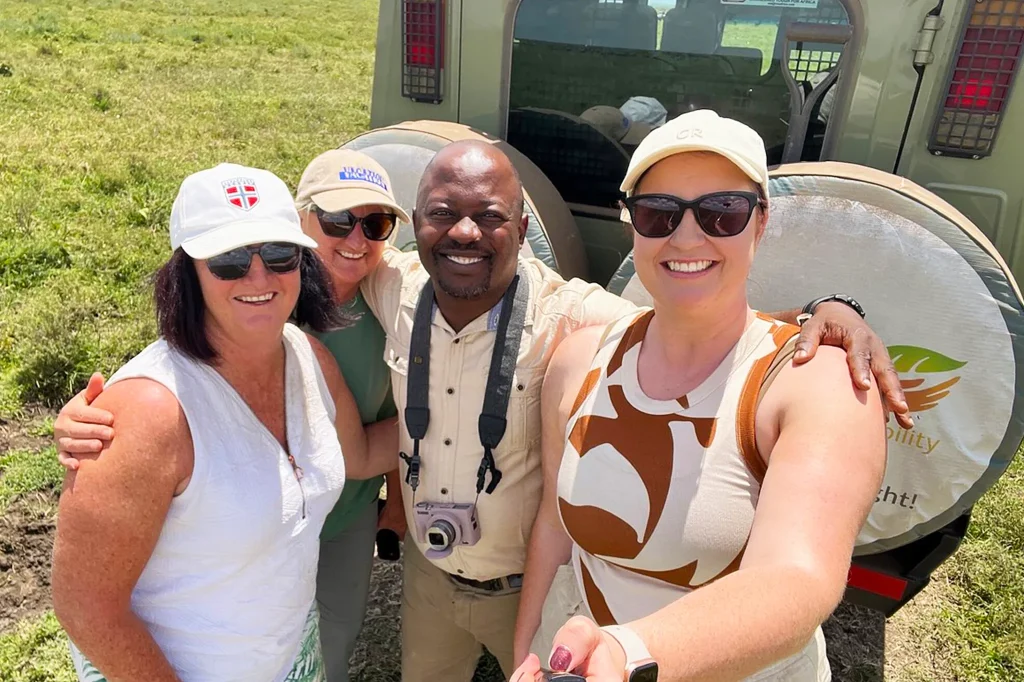
Tourism Brings Money to Manage Parks Through Tanzania Safari
Tanzania Safari Tours helps to bring in money in the form of entrance fees to national parks and reserves. Entrance fees are charged at national parks and reserves and this income serves as a direct and allocated resource for governments to manage wilderness areas and wildlife.
Want to learn how we promote sustainable travel in Tanzania? Look through our video to find out more about sustainable tourism:
Tourism Contributes to GDP
Tourism is one of the main ways Tanzania gets money from other countries. It helps the country grow and develop. A well-planned safari gives visitors a great adventure and brings in a lot of foreign money.
This money helps many people like safari guides, drivers, lodge workers, tour operators, local artists, and food suppliers. It also supports small businesses, pays government taxes, and helps with wildlife conservation and building projects.
By choosing Tanzania Safari and traveling responsibly, tourists help protect animals and support Tanzania’s future. Every safari helps both people and nature.

Make a positive impact on your Safari!
A Safari in Tanzania is more than just an adventure; it’s also a useful way to help protect wildlife, build communities, and make the world a better place. Your decisions matter because they create jobs and protect wildlife. African Scenic Safaris is the here to help you plan your trip as we hold the expertise in combining responsible travel with unique experiences in the wild.


